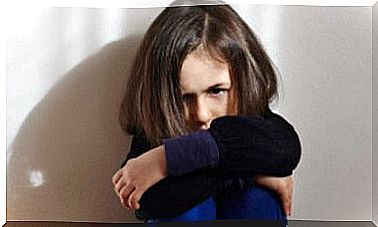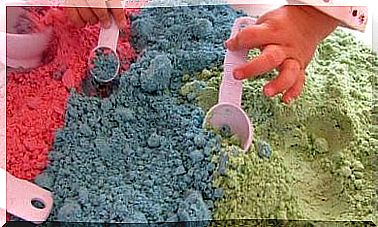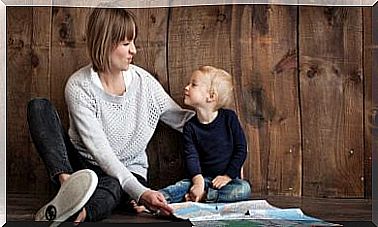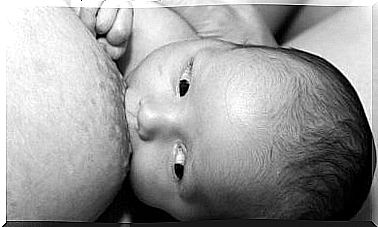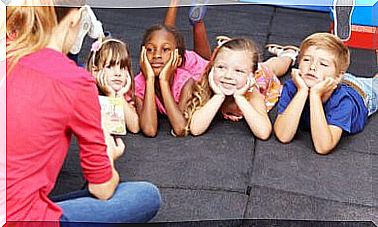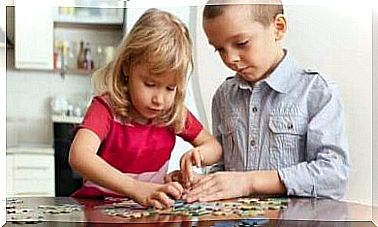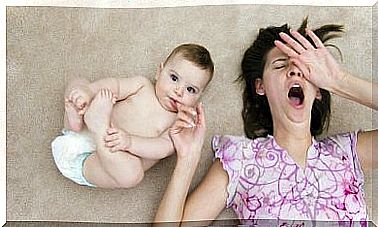Children’s Language Development: What Influences It?
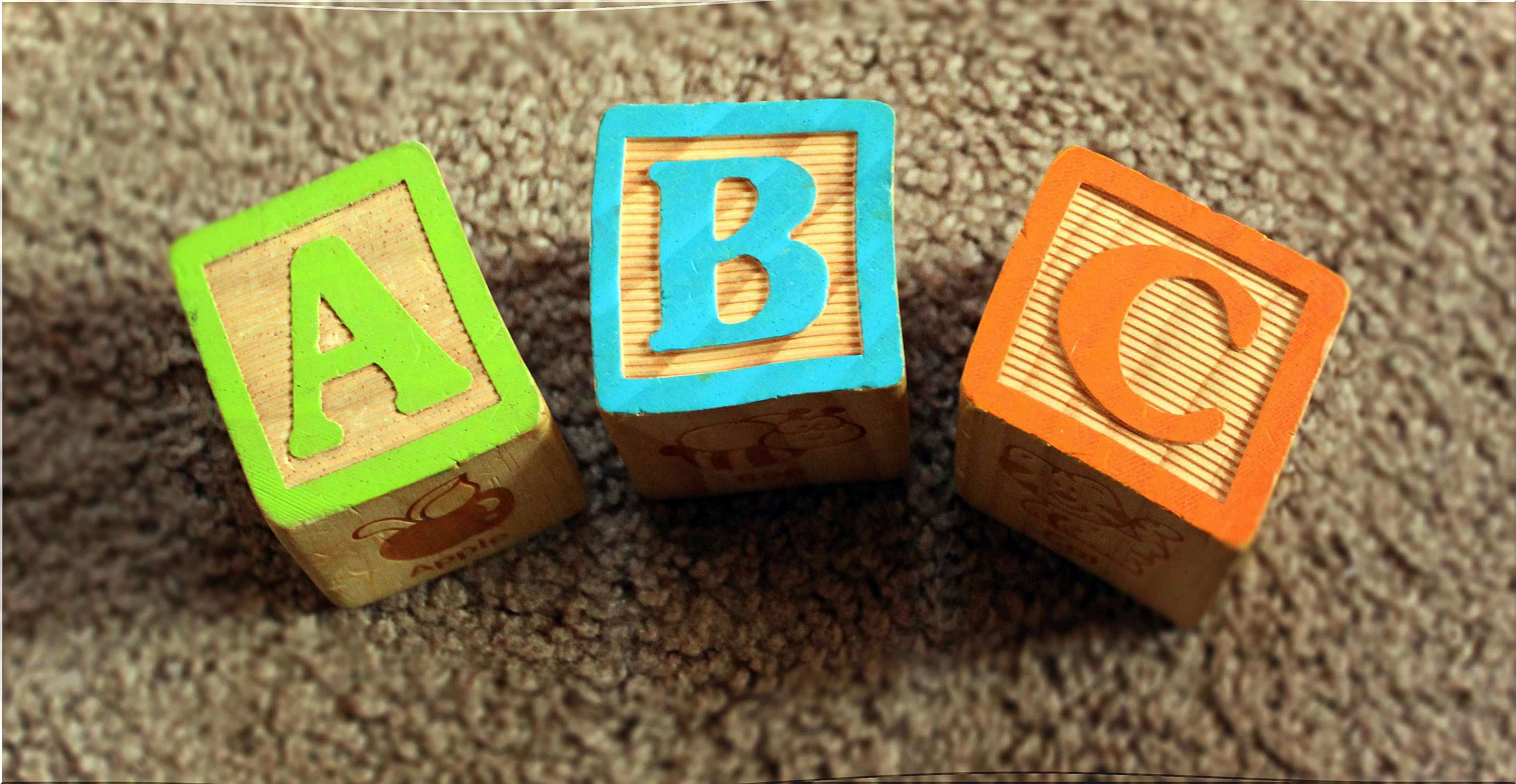
Today’s article is about a study of child language development. This was published by Judith Johnson, PhD from the University of British Columbia (Canada) and was entitled: “Factors Affecting Language Development”.
In her study , the doctor confirms that learning the language is one of the most important achievements in early childhood.
Johnston also points out that child language development reflects an interplay of at least five factors : social, perceptual, cognitive, conceptual, and linguistic processing.
In addition to their contribution, there is much research that confirms that learning and language development are indeed influenced by many aspects.
For its part, the Spanish Pediatric Association states that there are four factors that have a decisive influence on children’s language development.
- Genetic predisposition
- Family and direct environment
- Social environment and external factors
- Education
Aspects that influence children’s language development
Children learn to speak gradually. However, there is a certain age at which they are able to achieve certain sub-goals, such as:
- When the child is still a baby, it is normal to be startled by noise and try to find out where it is coming from. This is done through acoustic stimulation. Therefore, the ear is a fundamental part of language development. A baby under nine months old laughs and learns how to say pa-pa, ma-ma, and combine other sounds. Their chatter increases between the 12th and 15th months, when the baby has acquired the ability to mimic certain sounds and words. At this age, they can understand simple instructions.
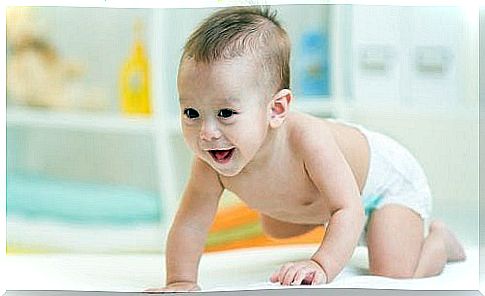
- Between 18 and 24 months, the child will have a vocabulary of between 20 and 50 words.
Pediatricians say children by the age of 2 to 3 should be able to produce sentences that are three to five words long. They should also understand what is being said to them. From the age of 2, they begin to combine words and can express parts of their body and household items. They also understand two-step instructions like, “Take the toy and give it to me.”
At this point, the baby already understands concepts such as what it means to be above or below the table. They also understand some verbs and most of what their parents say.
When should I be concerned?
Each child develops at their own pace, but there are certain parameters to consider.
If your child, who is under 1 year old, does not respond to sounds or words, you should take them to a specialist. The same applies if he does not use any gestures, index fingers or parting words at the age of 12 months.
Another point to consider is if, by the age of 18 months, they prefer to use gestures instead of talking. It can be unsettling when a child is not making noises.
If your child is 2 years old and unable to form words and phrases, or if they don’t repeat sounds or use language to communicate, you should see a specialist.
The Spanish Pediatrics Association recommends that you take your child to a specialist if they cannot understand simple commands, have a strange voice, or have trouble understanding children their own age.
Addressing the problem in a timely manner can prevent possible complications.
How can one promote children’s language development?
The environment in which your child develops is crucial for their language development. Therefore, after birth, it should be stimulated positively so that it can learn to express itself correctly and fluently.
It is important that you take the time to communicate with your child. You can read them stories, sing songs, and play games with them from infancy to help them learn languages.
Correct use of the language is also important. This requires good articulation and correct use of vocabulary.
Talking to your child in a simple, direct, and slow way is another way to support their child’s language development. This is helpful because it can mimic what it hears.
